Registration page for EAET course
The spring 2025 course will begin on Friday, March 14 and run for five consecutive Fridays, from 2-5 pm eastern US timezone.
See below for the course description and details.
Designed for health professionals, this course will present the theory, rationale, and core principles of EAET; and teach its techniques through presentations, demonstrations, video recorded case examples, and experiential practice. The five class sessions will be led by a team including the developers of EAET and those who use it regularly in practice.
Please enter your level below (either professional or trainee), then click “add to cart” to register for the class.
$250.00 – $600.00
More Information
Many patients with primary chronic pain and “functional” somatic symptoms have histories of trauma or adversity, psychological conflicts, and relationship problems that trigger, exacerbate, or maintain their pain. Whereas behavioral pain management approaches do not address these problems, Emotional Awareness and Expression Therapy (EAET) was developed specifically to do so. EAET integrates emotion-focused therapy, intensive psychodynamic therapy, and exposure-based therapies with the latest models of pain psychology and neuroscience. EAET has been shown to be effective in reducing pain and improving functioning in numerous clinical trials and has demonstrated superiority to cognitive-behavioral therapy in two studies. Many clinicians using traditional pain management approaches (e.g., CBT, ACT, mindfulness-based therapies) have found that EAET addresses core issues in patients and can result in powerful changes in patients. EAET is listed as an evidence-based treatment in the 2019 U.S. Department of Health and Human Services Pain Management Best Practices Inter-agency Task Force Report.
Learning Objectives: Attendees will be able to:
- Identify limits of current pain management interventions
- Describe types of pain, including centralized/primary/nociplastic pain
- Explain the differences between adaptive and inhibitory emotions
- Apply the model of basic needs (agency, communion, self-compassion) to each patient
- Describe how emotional avoidance / suppression is linked to chronic pain
- Demonstrate how to elicit patient disclosure of difficult emotional experiences
- Recognize patient defenses against emotional processes
- Identify, access, and facilitate expression of adaptive emotions
- Prescribe homework and troubleshoot problems from a relational / emotional perspective
- Demonstrate the technique of experiencing-expressing-releasing
- Use the therapy relationship to help patients experience and express emotions
- Help patients change relationships in their daily lives
Co-leaders:
Mark A. Lumley, PhD
Howard Schubiner, MD
Possible additional instructors:
Shoshana Krohner, PhD, Brandon Yarns, MD, MPH Dan Kaufmann, PhD
Course Schedule: The course is currently structured as a 5-week course, with 3-hour sessions held once per week. The next course starts in the Fall of 2024, on Saturdays, Nov. 9 through Dec. 7, from 10 am to 1 pm eastern US time. Those already on the waitlist will be invited by email.
Format: Remote instruction via Zoom; sessions will be recorded for your later review, if you miss an in-person session.
Targeted audience: Licensed professionals (or trainees enrolled in professional programs), particularly psychologists and social workers. Others (e.g., psychiatrists and other physicians, nurses, or licensed counselors) are welcome, but 15 hours of Continuing Education is approved ONLY for psychologists and social workers (and CE may not apply to New York).
Note: Given the intensive therapeutic nature of EAET and its work with at-risk patients, this course is not open to coaches or others who are not professionally licensed or certified, although trainees in professional programs can participate.
Continuing Education: 15 CE hours in total (Five 3-hour classes) only in-person/live training (not home-study) will receive CE hours.
Psychology CE: Wayne State University Department of Psychology is approved by the American Psychological Association to sponsor continuing education for psychologists. Wayne State University Department of Psychology maintains responsibility for this program and its content. Please direct questions about continuing education to Dr. Mark Lumley at: mlumley@wayne.edu.
Social Work CE: Wayne State University School of Social Work is approved by the Michigan Social Work Continuing Education Collaborative.

